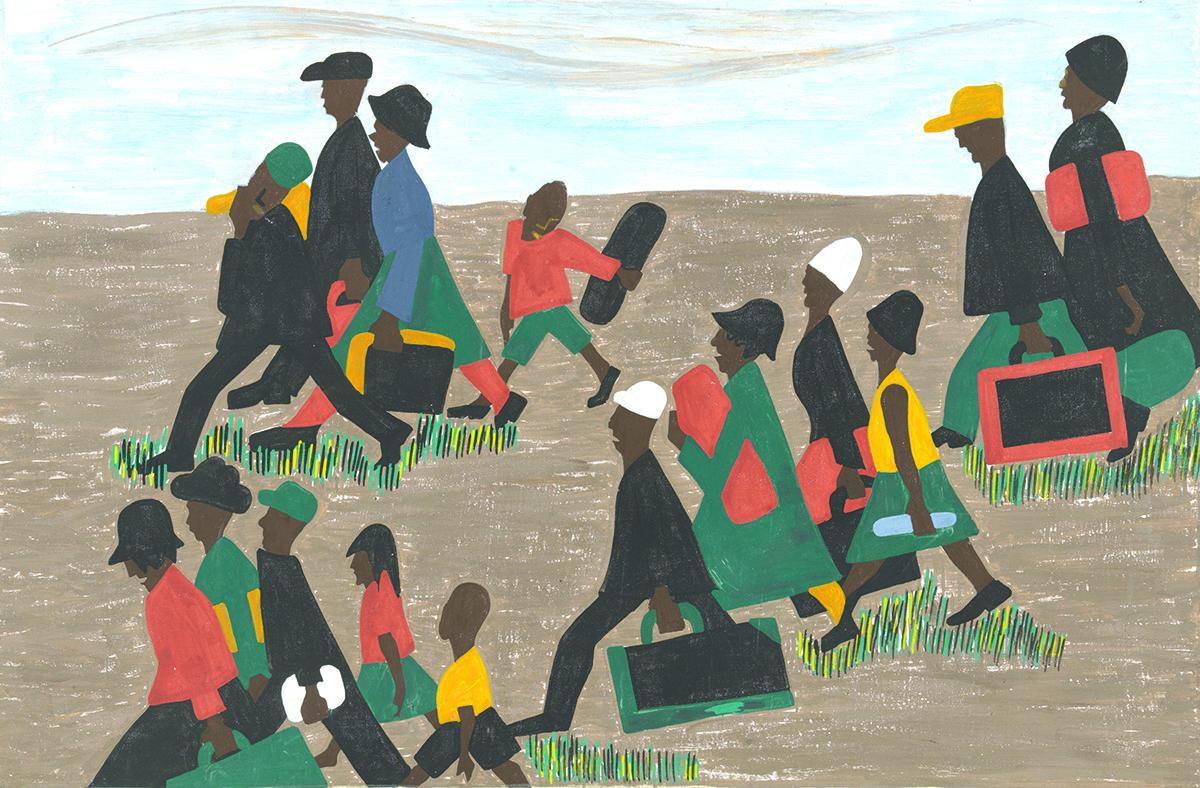Student loans have always been seen as a burden for college graduates and are a constant reminder of the sacrifices that ones has to make in order to receive a higher education. However, despite this burden being a universal constant for any college student taking up student loans, the reality of the situation is that black college graduates are more likely to be heavily effected by these loans. There are several theories behind why these loans target and effect black students more than their white counterparts, one such theory is that because black borrowers often times have higher default rates, the amount of money they owe can be much larger. However as Emily Deruy, author for the Atlantic, makes note of “the U.S. Education Department doesn’t always keep track of how borrowers are faring by race. The FAFSA does not include information on race, nor does the system that keeps track of outstanding debt.” This in turn makes it difficult to pin point what the exact cause of these disparities are, but there are still ways to highlight the issue.
For starters, Judith Scott-Clayton, an associate professor of economics and education at the Teachers College at Columbia University, and Jing Li, a research associate in the Department of Education Policy and Social Analysis, found that black graduates have almost $53,000 in student loans after graduating at a four year college. Compare this to their white counterparts where it was founded that after the same amount of time lapsed, white students only had $28,006 in student loans. This means that after studying for the same amount of time, white students statistically leave college with less debt on their hands. With less debt, white graduates can use and save their money much more effectively allowing for them to start their adult lives much further ahead, as oppose to their black counterparts. What’s more is that professors Clayton and Li were able to obtain this information through a set of data from two of the department’s “Baccalaureate and Beyond” surveys, which followed a set of graduates from 1993 to 1997, and another from 2008 to 2012. Using that information, as well as other data from the department and the Census Bureau, they found these disparities, which is how they were able to shed light on this growing issue.
The solution to student loans is an answer that requires its own time and energy to solve, however the fact remains that student loans for black graduates vs their white counterparts is drastically different. While there could be several other possible explanations for these disparities, the visible inequality caused by these differences is evident and a solution must be attained.
